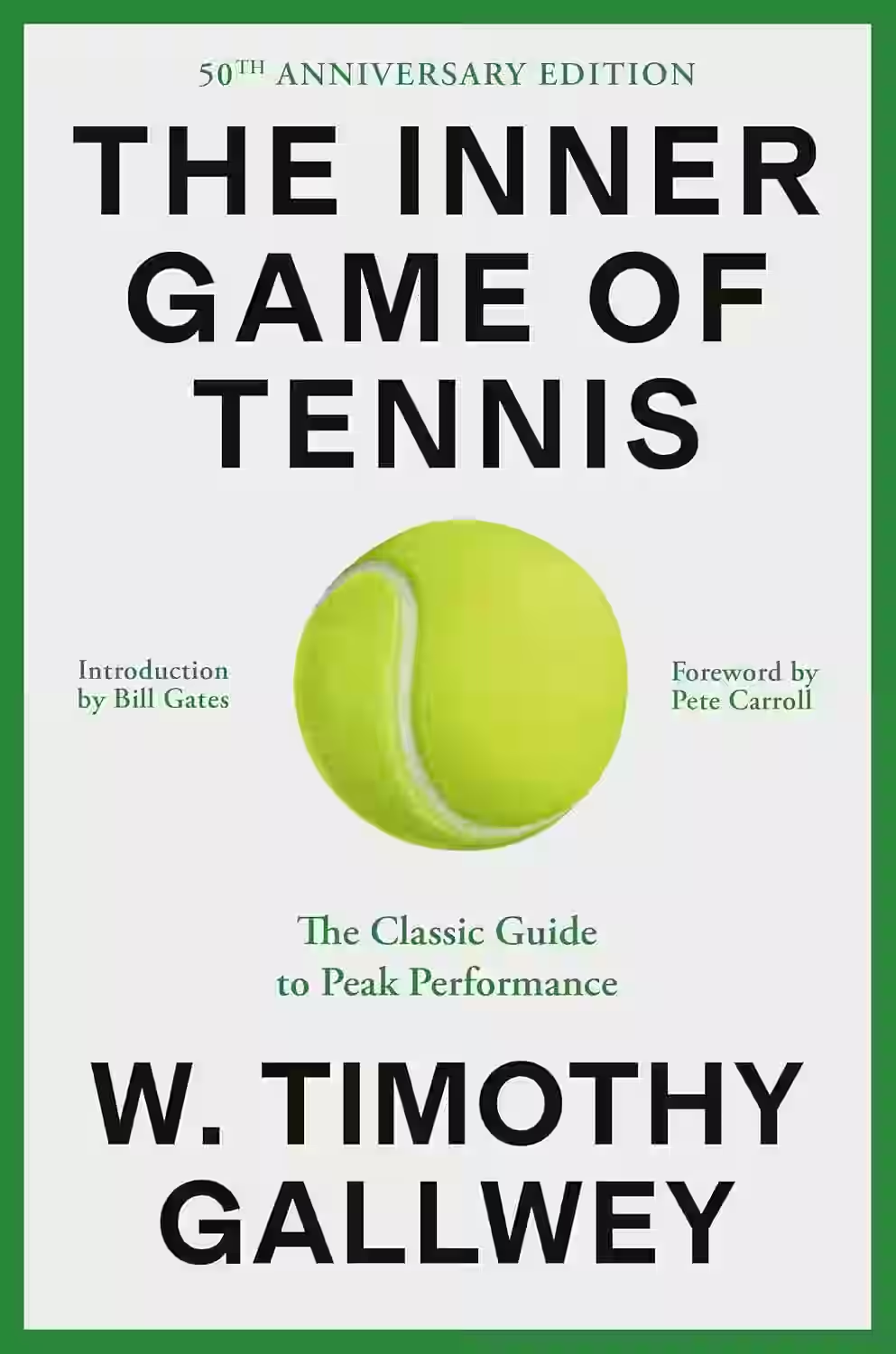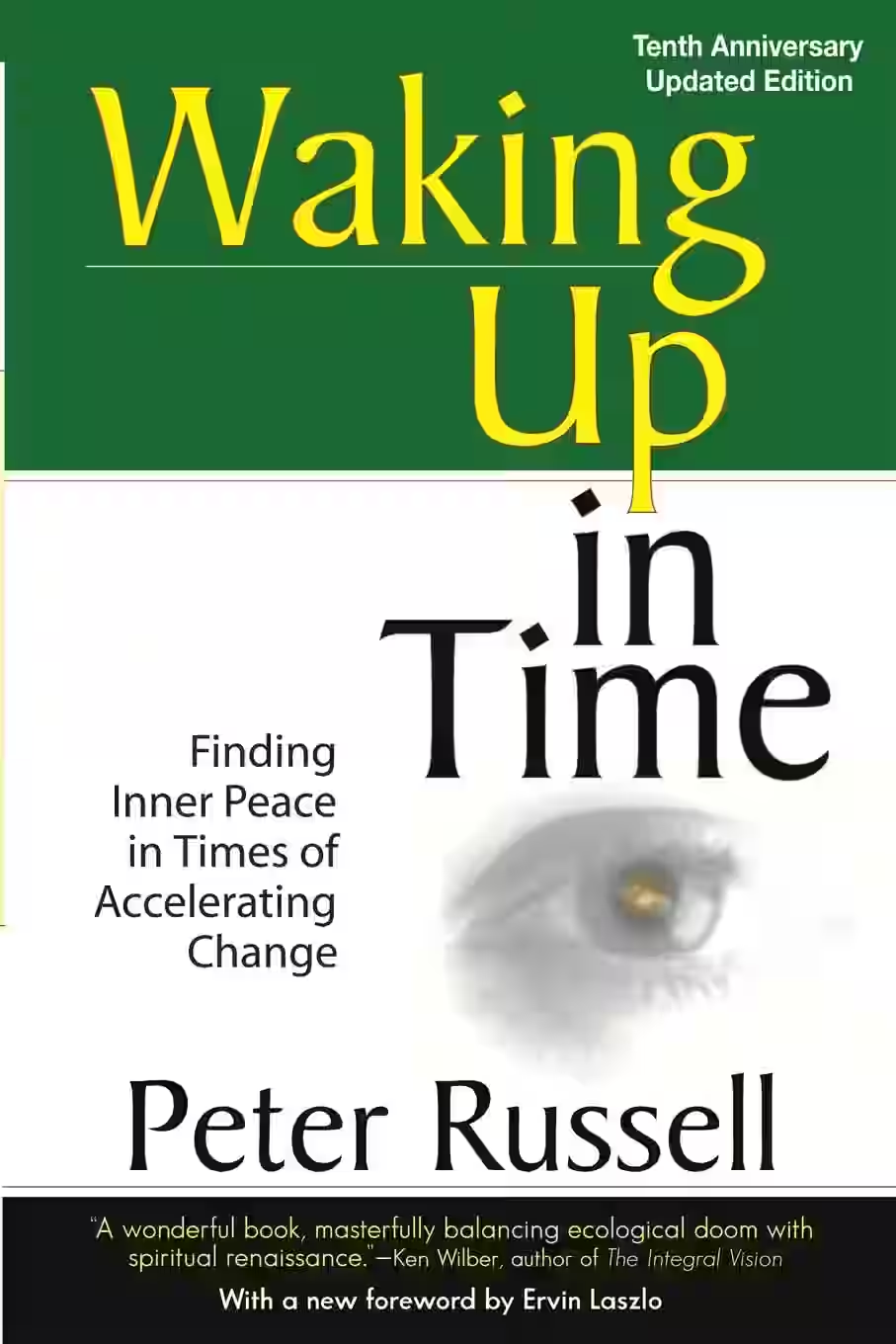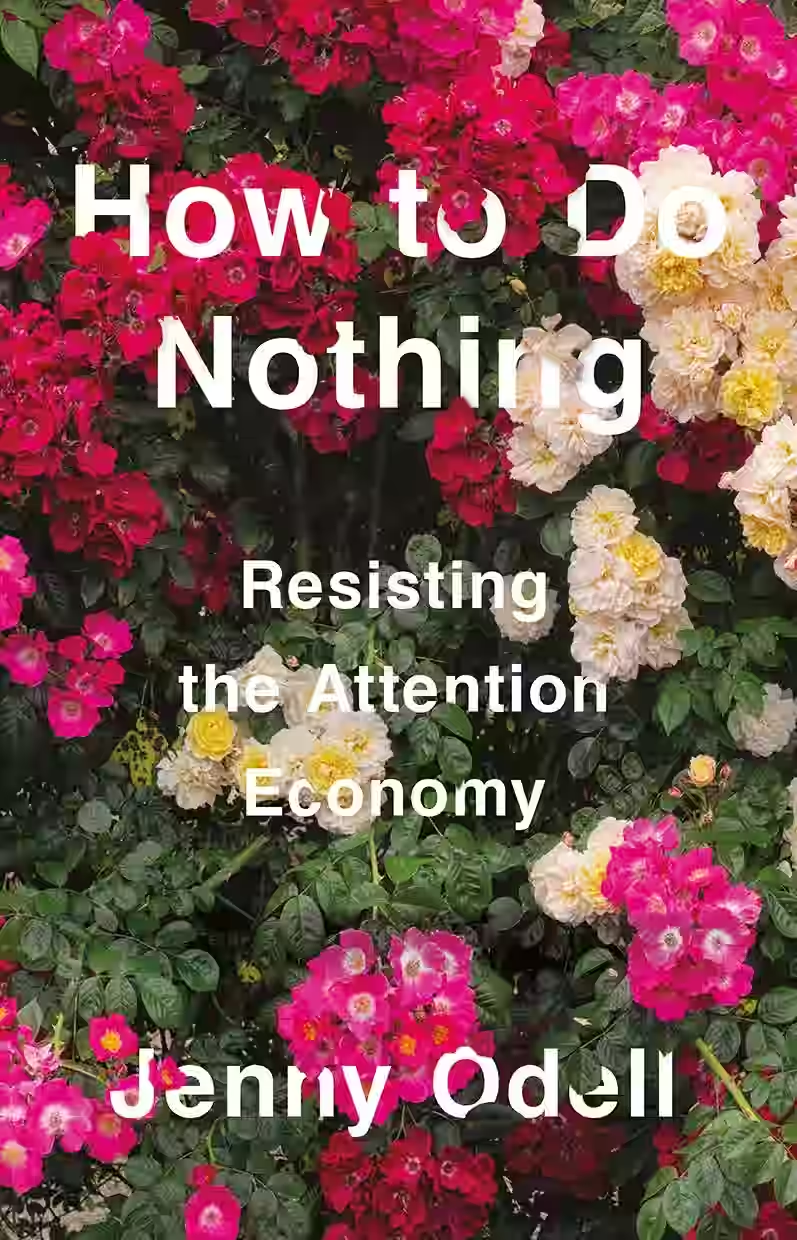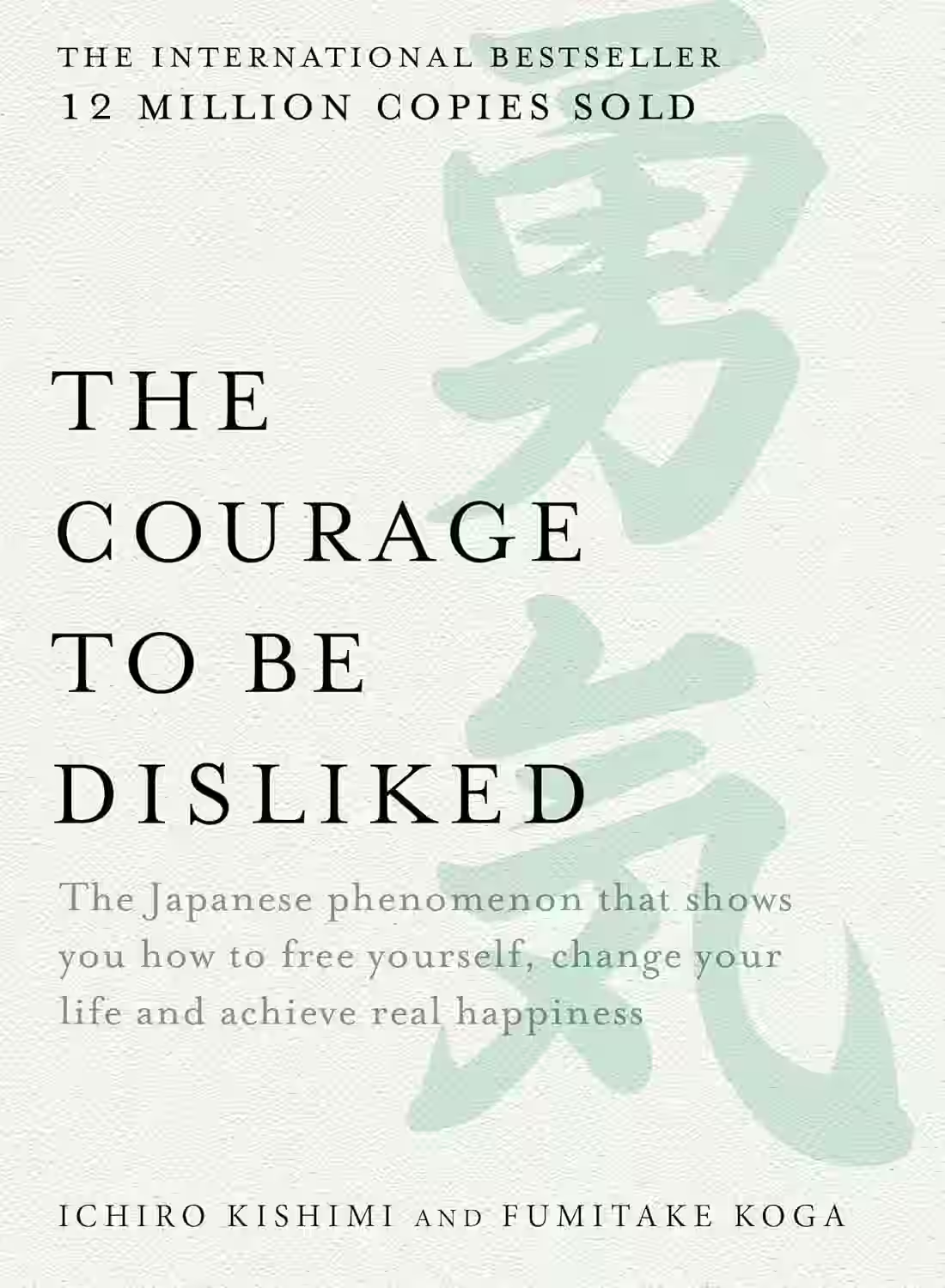
In 'The Inner Game of Tennis,' W. Timothy Gallwey explores the often-overlooked mental aspect of playing tennis. Through a combination of insightful anecdotes and practical advice, Gallwey delves into the importance of mastering one's inner game to achieve peak performance on the tennis court. By emphasizing concepts such as self-awareness, focus, and overcoming mental obstacles, Gallwey provides readers with a unique and transformative perspective on not just tennis, but any endeavor requiring skill and concentration. This timeless classic continues to resonate with athletes, coaches, and individuals seeking to enhance their performance by understanding and refining their mental approach.
About W. Timothy Gallwey
W. Timothy Gallwey is an American author known for his groundbreaking work in the field of sports psychology. Born in San Francisco in 1938, Gallwey studied at Harvard University and became a tennis coach. He gained international acclaim with his best-selling book 'The Inner Game of Tennis' in 1974, which revolutionized the way athletes approached mental training and performance improvement. Gallwey's innovative approach focused on the power of self-awareness, attention, and mental habits in achieving peak performance. His works have had a significant impact not only in the world of sports but also in business, education, and personal development.
Similar Books

Cutting Through Spiritual Materialism
This powerful guide warns against the ego’s ability to co-opt spiritual practice for self-aggrandizement. Tibetan Buddhist master Chögyam Trungpa explains how spiritual ambition, attachment to progress, and identity-seeking can become obstacles to true awakening. Through practical advice and sharp insight, he exposes the subtle traps of self-deception, urging practitioners toward genuine humility and awareness. Blending Eastern wisdom with Western accessibility, the book encourages letting go of expectations and facing reality directly. It remains a foundational text for those serious about spiritual development and inner transformation, highlighting that the true path is one of openness and surrender.

Waking Up in Time
In 'Waking Up in Time' by Peter Russell, the author challenges readers to contemplate humanity's place in the universe and the urgent need for a shift in consciousness. Russell explores the interconnectedness of all life forms, the concept of time, and the role of technology in shaping our reality. Through a blend of science, spirituality, and philosophy, he delves into profound questions about the nature of existence and the potential for humanity to awaken to a higher state of being. This thought-provoking book offers a compelling vision of a harmonious future if we embrace mindfulness, compassion, and sustainable living.

How to Do Nothing
by Jenny Odell
In How to Do Nothing, artist and writer Jenny Odell critiques the modern attention economy and its constant demands for productivity and engagement. Instead of advocating literal inactivity, Odell calls for a conscious redirection of attention toward meaningful experiences—like community, nature, and contemplation. Drawing from art, philosophy, ecology, and social theory, she argues that stepping away from digital noise is a political and creative act. The book is both a cultural critique and a philosophical meditation, offering a radical rethinking of how we spend our time and what we value in an age of distraction.

The Courage To Be Disliked
by Ichiro Kishimi, Fumitake Koga
This bestselling Japanese philosophy book presents a dialogue between a philosopher and a young man, exploring ideas based on Alfred Adler's psychology. It argues that happiness lies in the courage to be true to oneself and to reject the need for approval from others. Through a Socratic conversation, it challenges readers to let go of past trauma, take personal responsibility, and live with freedom. The book encourages breaking free from societal expectations and embracing a more purposeful, self-directed life.